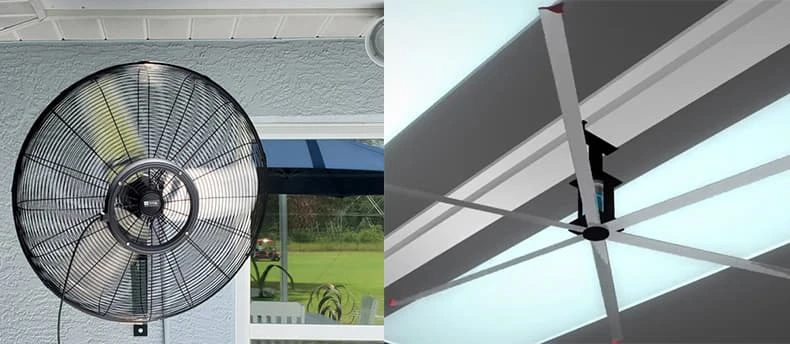Energy-efficient Appliances: Saving Money and Reducing Environmental Impact

In today’s world, energy efficiency is a top priority. With the increasing cost of energy and the growing concern for the environment, people are now more conscious about their energy consumption. One way to reduce energy consumption is by using energy-efficient appliances.
What are Energy-efficient Appliances?
Energy-efficient appliances are designed to use less energy compared to conventional appliances. These appliances are rated by Energy Star, an organization that certifies products that meet energy efficiency standards. Energy Star appliances use at least 10 to 50 percent less energy than conventional appliances, resulting in significant cost savings over time.

How Energy-efficient Appliances Help Save Money
Using energy-efficient appliances can help save you money in several ways. Firstly, they use less energy, which means you’ll have lower energy bills. Secondly, energy-efficient appliances often have a longer lifespan compared to conventional appliances, which means you’ll have to replace them less often, resulting in cost savings. Finally, some energy-efficient appliances may qualify for tax credits or rebates, which can help offset the initial cost of purchasing the appliance.
Reducing Environmental Impact through Energy-efficient Appliances
Energy-efficient appliances not only help you save money, but they also help reduce the impact on the environment. Energy-efficient appliances produce less greenhouse gas emissions, which are a major contributor to global warming. By using energy-efficient appliances, you’ll be doing your part in reducing carbon emissions and helping the environment.
Types of Energy-efficient Appliances
There are several types of energy-efficient appliances available in the market, including refrigerators, washing machines, dryers, dishwashers, and air conditioners. When purchasing an energy-efficient appliance, you should look for the Energy Star label to ensure that it is certified as energy efficient.
- Refrigerators: Energy-efficient refrigerators use 15 percent less energy than conventional refrigerators.
- Washing Machines: Energy-efficient washing machines use up to 40 percent less water and energy compared to conventional washing machines.
- Dishwashers: Energy-efficient dishwashers use up to 10 percent less energy than conventional dishwashers.
- Dryers: Energy-efficient dryers use up to 20 percent less energy compared to conventional dryers.
- Air Conditioners: Energy-efficient air conditioners can save up to 20 to 40 percent on cooling costs compared to conventional air conditioners.

Energy-efficient appliances are a great investment for your home. Not only do they help save you money on energy bills, but they also help reduce the impact on the environment. When purchasing an energy-efficient appliance, be sure to look for the Energy Star label to ensure that it is certified as energy efficient.






